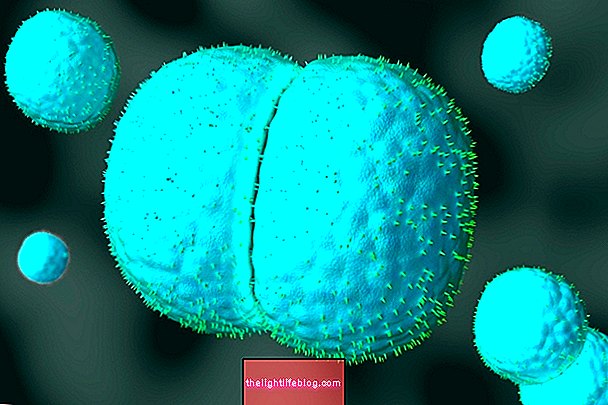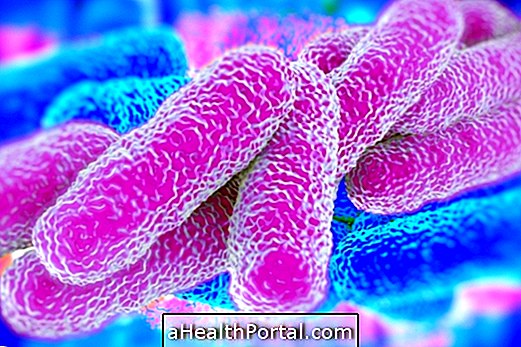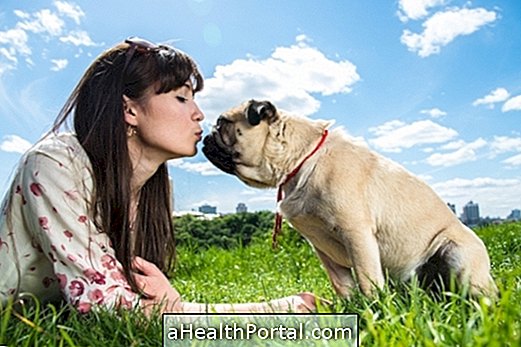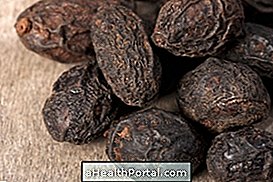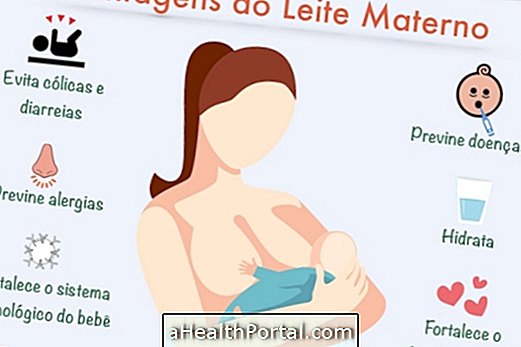Psittacosis, also known as Ornithosis or Parrot Fever, is a highly infectious disease caused by the bacteria Chlamydia psittaci, which is present in birds, mainly parrots, macaws and parakeets, for example. When people come into contact with this bacterium, it is possible for some symptoms to appear, such as fever, chills, headache and difficulty breathing.
The treatment of psittacosis is done with the objective of eliminating the bacteria, and the use of antibiotics, such as Doxycycline or Erythromycin, for example, may be recommended by the general practitioner or infectologist. In addition, it is important that the animal is treated to prevent transmission from happening again.
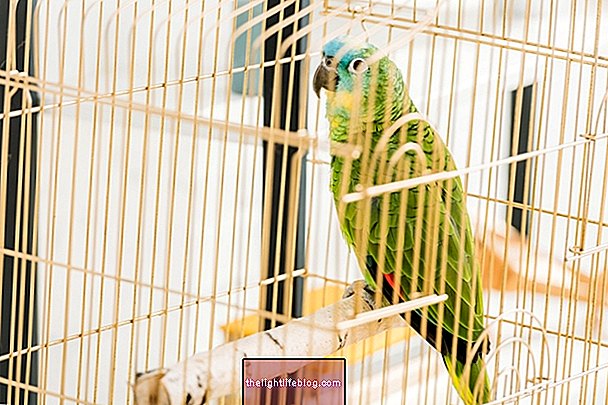
Main symptoms
The main symptoms of psittacosis are:
- Headache;
- Fever;
- Change in respiratory capacity;
- Chills;
- Cough;
- Enlarged spleen and liver;
- Weakness;
- Bleeding from the nose in some cases;
- Skin lesions;
- Delusions, which can happen when the bacteria reaches the nervous system.
As the symptoms of infection byChlamydia psittaci they can be confused with other diseases related to the respiratory system, the diagnosis of the disease can be late, which can favor the arrival of the bacteria to other organisms, in addition to permanent damage to the lung, leading to death.
For this reason, it is important that, if symptoms of psittacosis are noticed, blood and microbiological tests are carried out so that the bacteria can be identified and, thus, treatment can begin.
How the transmission happens
The transmission of psittacosis occurs through the contact with feces or urine of birds contaminated by the bacteria and through the inhalation of the dust present in the feathers of these animals.
Treatment for Psittacosis
The treatment for Psittacosis is made with the use of antibiotic as directed by the doctor, and the use of Doxycycline or Erythromycin, for example, may be recommended. It is important that the treatment is maintained even after the symptoms disappear, because otherwise, it is possible that the bacteria reactivate and cause more symptoms of the disease, in addition to becoming resistant to the antibiotic.
In addition, it is important that the owners of the birds periodically take them to the veterinarian, so that it can be checked whether the bird is infected with the bacteria. In addition, it is important to avoid contact with the powder of the feathers, urine and feces of these animals, being recommended the use of masks and gloves when necessary.
Was this information helpful?
Yes No
Your opinion is important! Write here how we can improve our text:
Any questions? Click here to be answered.
Email in which you want to receive a reply:
Check the confirmation email we sent you.
Your name:
Reason for visit:
--- Choose your reason --- DiseaseLive betterHelp another personGain knowledge
Are you a health professional?
NoMedicalPharmaceuticalsNurseNutritionistBiomedicalPhysiotherapistBeauticianOther
Bibliography
- MOSCHIONI, Cristiane et al. Severe pneumonia due to “Chlamydia psittaci”. J Pneumol. Vol 27. 4th ed; 219-222, 2001
- OLIVEIRA, Fábio et al. Chlamydiosis (Psittacosis). Electronic Scientific Journal of Veterinary Medicine. 2008
